All wars end, one way or another. One of the longest wars in the Middle East, between Turkey and Kurdish separatists, may finally be over. After 40 years of bitter struggle, the Kurdistan Workers’ party, the PKK, has declared that it will disarm and disband. It’s an achievement, of a sort, for the PKK’s imprisoned founder, Abdullah Ocalan: he might become a free man. It’s a triumph for Turkey’s leader Recep Tayyip Erdoğan: he might become president for life. The Kurds have adjusted to a new reality in the region. From Ankara to Riyadh, the chess pieces are shifting and the board might end up looking very different. This might even be accomplished without blood being spilled.
The PKK is designated as a terrorist group by many western nations. The announcement that it would give up its guns was made at its party congress this week. Middle-aged men and women stood in rows wearing dark-green camouflage uniforms with the Kurds’ traditional broad sash at the waist. They looked dejected – vaguely at attention, but with shoulders slumped. They were acting in the knowledge that the PKK had suffered a military defeat, no longer able to mount effective attacks inside Turkey. There have been ceasefires and peace talks before, but this time the PKK is promising to transform into a purely political organization. The question is whether they’ll carry with them the fighters who remain in mountain camps in Iraq and bases in Syria. Will there be a Real PKK?
The PKK has been edging toward this decisive break for months, pushed along by its lost leader, Ocalan. To his followers, he is known as “Apo,” “uncle” in Kurdish. Uncle Abdullah’s handsome face – with dark, bushy eyebrows and a thick mustache – is everywhere the PKK is found: his portrait in homes and barracks and stuck in car windows; on patches sewn on soldiers’ uniforms; on flags that sometimes have no other symbol. He is the Wizard of Oz, his image, thoughts and views – his utopian ideology – dominating the organization from the jail cell that’s been his home for a quarter of a century. In February, he issued a statement saying: “There is no alternative to democracy.”
The Turkish media call Ocalan a “baby killer.” He likes to describe himself as the Kurdish Nelson Mandela, a leader who entered jail as a convicted terrorist but who turned to peaceful politics. (Mandela returned the favor by saying: “I am part of the Kurdish struggle.”) He was arrested in Nairobi in 1999 by Turkish special forces, helped by the CIA, and was paraded in front of TV cameras looking dazed and confused. There were claims he had been drugged and tortured. Then he was sent to Imrali prison, on an island near the coast of Istanbul. The authorities removed all the other prisoners, and he was left in solitary confinement for 23 hours a day, guarded by more than a thousand Turkish troops. As his lawyers put it, Imrali was “a prison with one single cell for one single prisoner.” It was “isolation within isolation.”
Ocalan’s rare critics inside the PKK have said he was broken by his incarceration. He did move steadily away from the things he once stood for: an independent Kurdish state and the armed struggle to achieve it. But this was part of a long ideological journey, far stranger than the one Mandela made.
Ocalan was born in eastern Turkey around 75 years ago (there is no birth certificate). He has spoken of “overwhelming unhappiness” in his upbringing. His father was a peasant farmer, poor even by local standards, a weak man, mocked by other villagers and publicly humiliated by Ocalan’s mother for being unable to support the family. She was a fierce, angry woman, and when Ocalan ran home crying after being beaten by some older boys, she threw him out and told him to come back when he had got his revenge. Ocalan has said he learned the uses of violence in childhood: “I cracked the heads of many children… I became the attacker.”
This may be too obvious a psychological explanation for how a “shy” boy grew up to become the leader of militant Kurdish nationalism in Turkey. But his upbringing certainly shaped his politics in other ways. Ocalan was upset when a younger sister, Havva, was “lost” to an arranged marriage, traded for a dowry that included a few sacks of wheat. He later called such marriages a kind of death for women and PKK-run territory would become an oasis of female equality. He learned communist revolutionary politics as a student at Ankara University in the late 1960s. He dropped out and, a few years later, founded the PKK at a meeting attended by only a couple of dozen activists. They would take on the might of the Turkish army and drench the country in blood.
By the time of his arrest, however, Ocalan was moving away from Marxism-Leninism. During the long hours in his cell, he read every book written by an obscure American philosopher named Murray Bookchin, who lived in rural Vermont. Bookchin was in his eighties, by some accounts a grouchy old man who wore braces and had rows of pens in his top pocket. He’d spent a lifetime as an anarcho-syndicalist and radical ecologist, and he developed a theory of face-to-face democracy called “libertarian municipalism”. Ocalan adopted it: the Turkish state wouldn’t matter if the Kurds could run their lives through local councils, which he said should adopt Green politics. He went into prison a Maoist guerrilla leader; he may emerge a moderate councilman
But Ocalan has held these positions for years. Some accuse President Erdoğan of reaching an understanding with him only now that he needs Kurdish votes to let him change the constitution and stay in office. Professor Christopher Phillips, who has written about the PKK’s long war, told me there were many opportunities to make peace throughout Erdoğan’s time in government, but he always abandoned the effort. Dialogue with the PKK was driven by “cynical” domestic political calculations, he said. The biggest outcome of the “seismic” Kurdish decision might be to keep Erdoğan in power for another decade.
All that may be true, but whatever Erdoğan’s motives, he’s allowed the PKK an opening to end a conflict that has cost perhaps 100,000 lives. Turkey is also making peace with Syria now that it’s in Sunni Muslim hands. Donald Trump, meanwhile, is in the region, negotiating a grand bargain involving Iran, the Houthis, Saudi Arabia, Qatar and even the Israelis. Like Erdoğan, the leaders of all these countries see any deal as a means to keep their grip on power. Every-one may be doing the right thing for the wrong reasons, but this is still a rare moment for optimism in the Middle East.



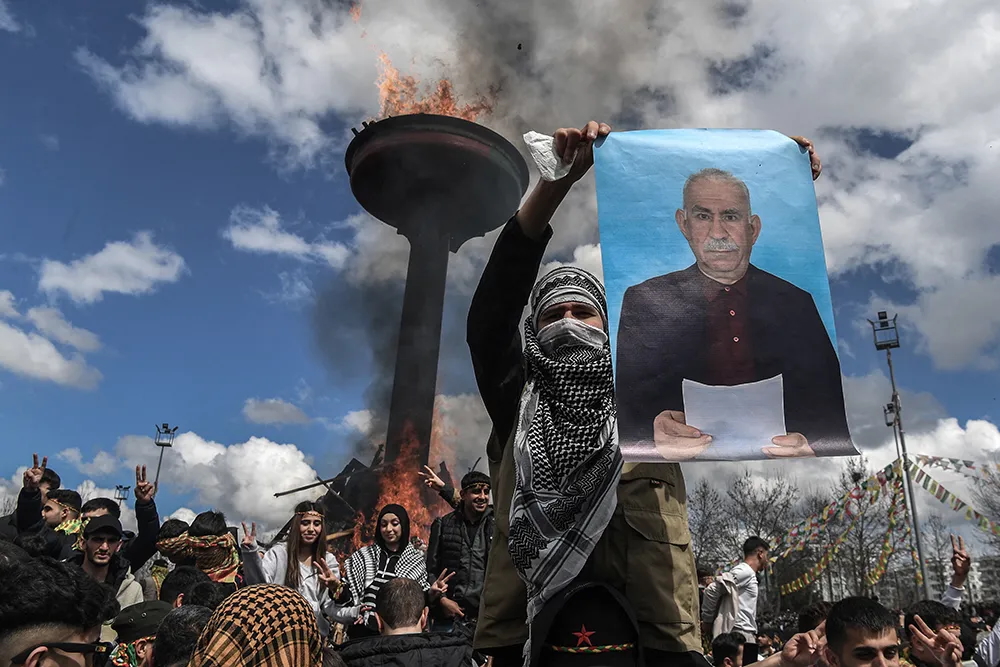






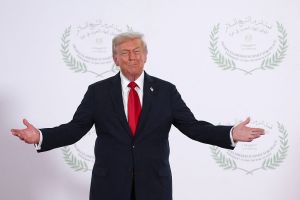
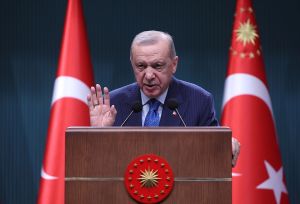
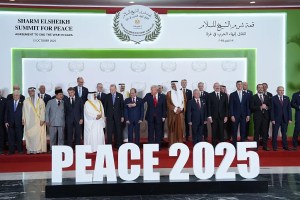
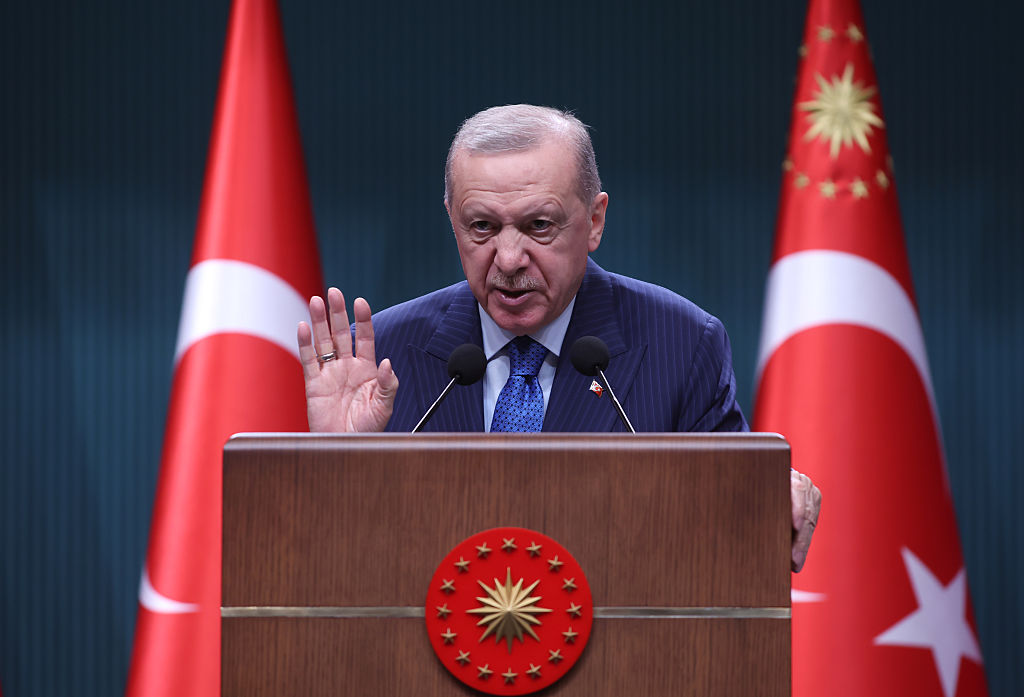
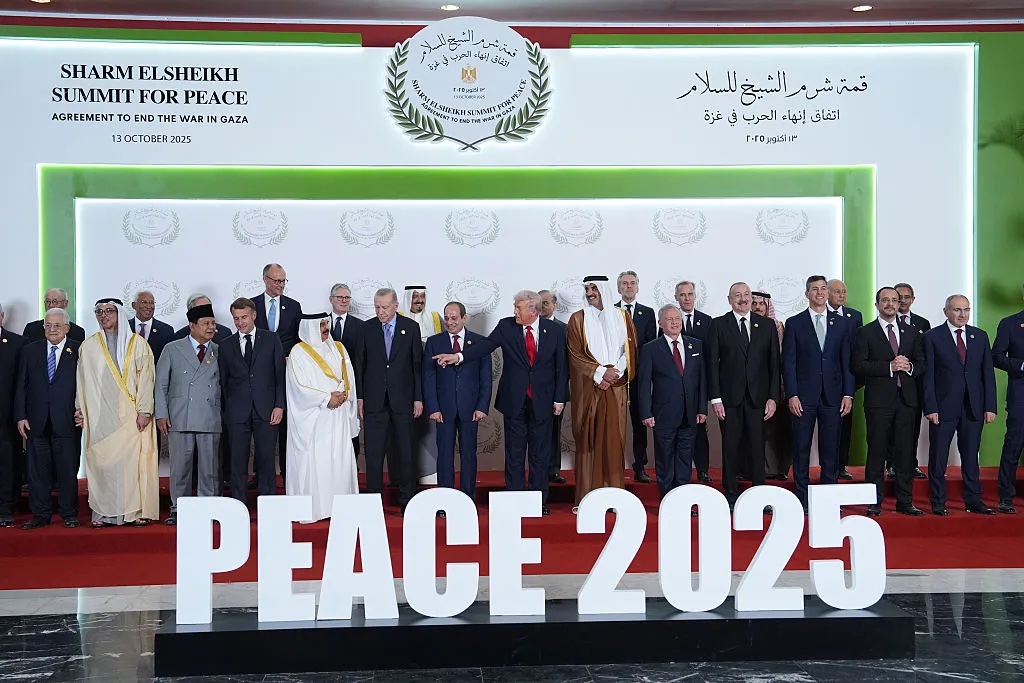
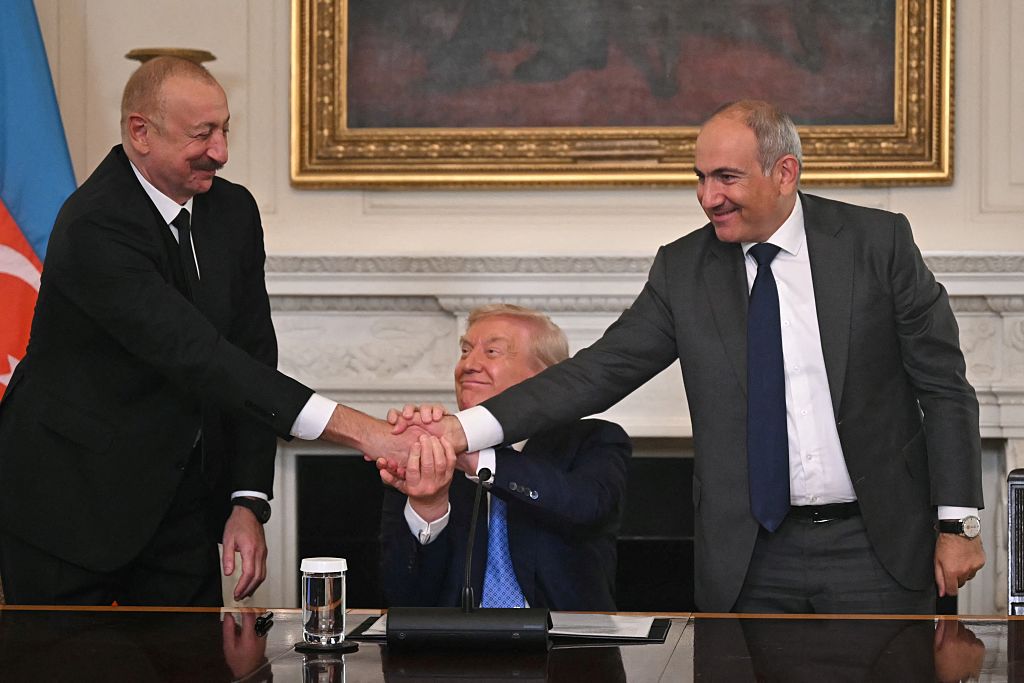

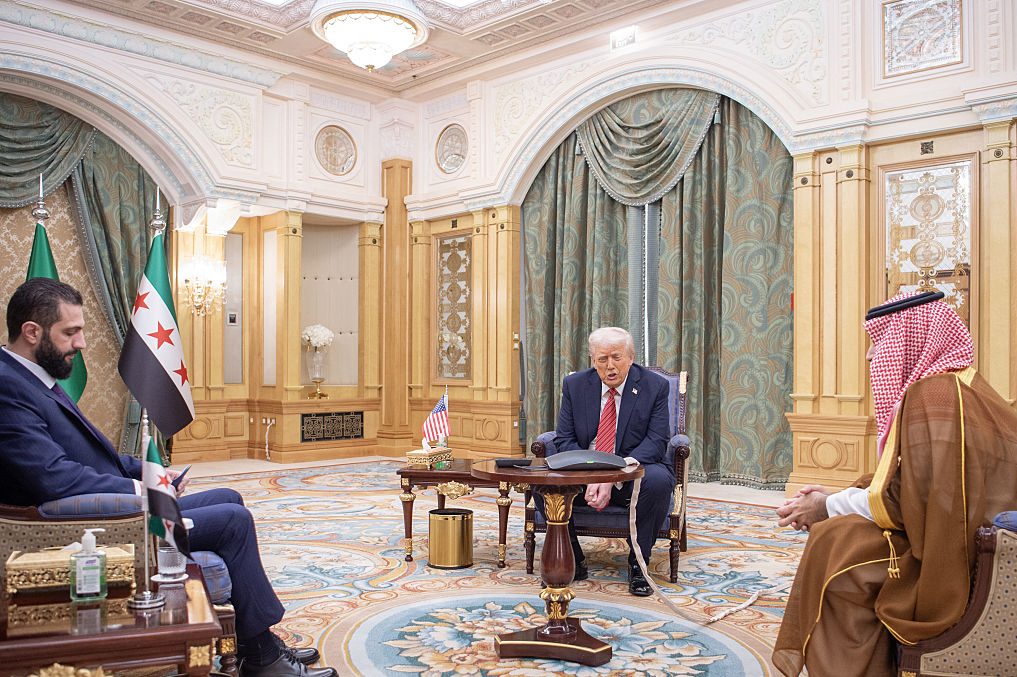
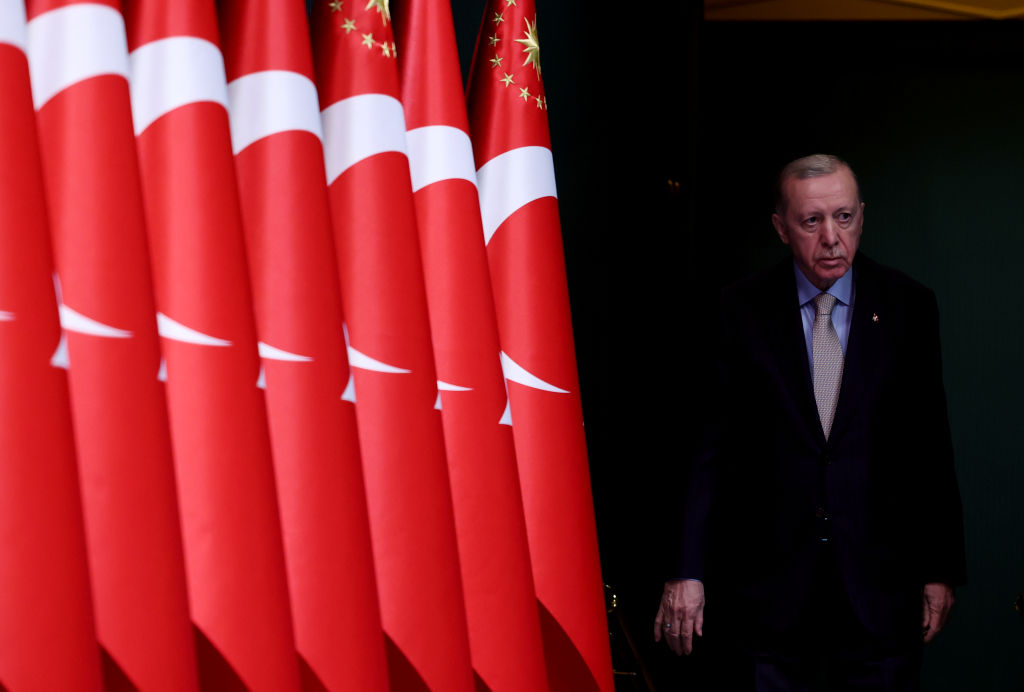







Leave a Reply